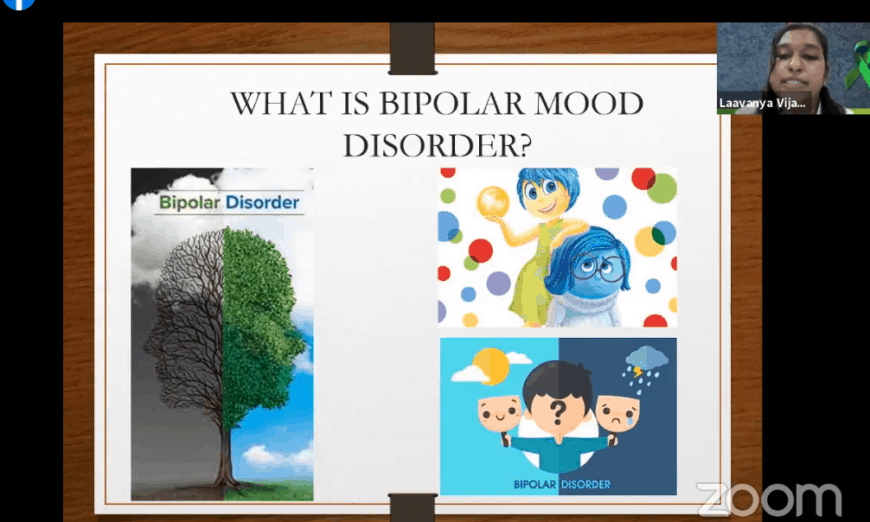DON’T be overly worried and don’t forget to have fun.
Penang Hospital psychiatrist Dr Laavanya Vijaya Kumar gave this piece of advice when she was invited to speak on ‘Understanding Bipolar Mood Disorder (BMD)’ during a mental health talk organised by D’Home Mental Health Association via Zoom recently.
“Life is to be lived to the fullest. Make sure that you do things that you enjoy. Look for that one thing that will make you happy and make sure that you always do it,” she said towards the end of her talk which was officiated by state Welfare and Environment Committee chairman Phee Boon Poh.
“Try to balance your life, work, pleasure and relationships with your family. Make sure there is time to relax and unwind. If you are unemployed, you can think of taking a course, or a new hobby or doing some volunteer work which should be very satisfying as well.”
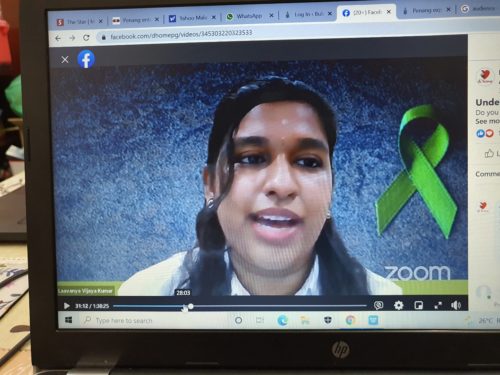
Dr Laavanya, who completed her medical degree at Melaka Manipal Medical College and obtained her postgraduate certification, MRCPsych from the Royal College of Psychiatrist, said it is normal for a person to have a range of emotions which change according to the situation.
But she said BMD is a mental health condition characterised by extreme mood changes – the high and low phases which affect how one behaves, thinks and functions with periods of normal moods in between.
Although 46 million people in the world were reported to have bipolar in 2017 (52% female and 48% male), Dr Laavanya said she believes the number was under reported because of fear of stigmatisation. One in every 50 adults, she said, will have bipolar at one point in their life.
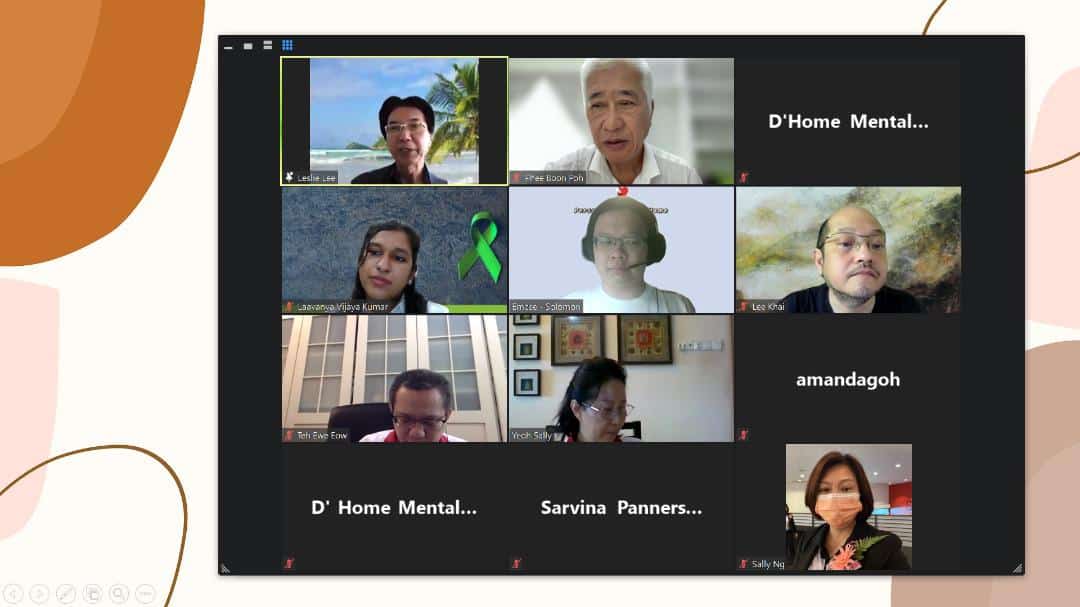
She said the causes of the illness are not really known; it could be biological due to chemical imbalances in the brain which could be improved by starting medication.
The other postulation, she said, could be genetic. For instance, if two parents have bipolar or depression, the chances of the child having a mood disorder are high.
“It does run in the family, the same as any other illnesses like diabetics, hypertension or cancer,” she opined. Stressful life events like divorce, death of a loved one etc. were also identified as causative factors.
She said it is important to first learn about the disorder, understand it to be able to pick up early warning signs and symptoms, and then seek early treatment.
There are several treatment options, she said, with medication being the main option. The others include physical therapy and psychotherapy to efficiently manage stress and promote adaptive coping skills.
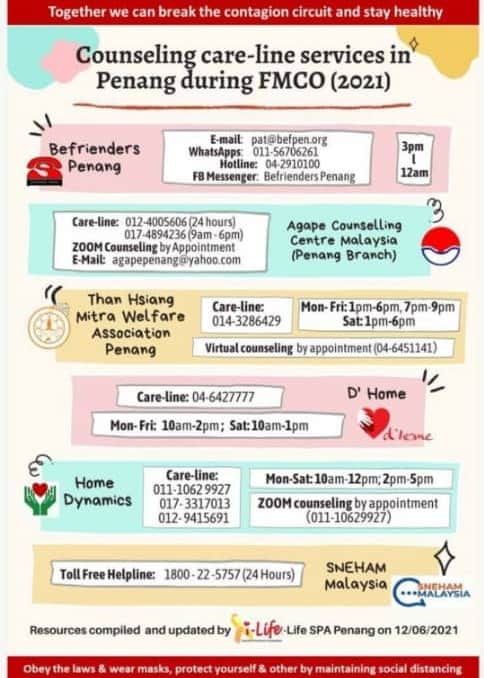
“It has been proven that exercise has a profound positive effect on physical and mental health. It can be any form of exercise that you like, whether it is qi gong, tai chi, zumba or jogging.
“Some helpful ways to handle stress can be doing yoga, meditation, aromatherapy, singing or listening to music. Different people cope differently with stress and you must find which is best for you to handle your stress,” she explained.
Dr Laavanya said it must be noted that anybody with bipolar is at the risk of further episodes while recovery and relapse prevention is a slow and gradual process.
“It will take time for a person’s confidence and performance to return to normal; so do give you loved ones or yourself adequate time and space to go through this process.
“Proper medication and good support can help a person with bipolar to have a normal life.
“There are success stories of people who have bipolar. They live with it, embrace it and are doing very well. These people are like famous singer Demi Lovato, Singaporean early educator Zong Peirong who is famous for baking, celebrity chef David Chang, Catherine Zeta Jones, Selena Gomez and Mariah Carrie.”
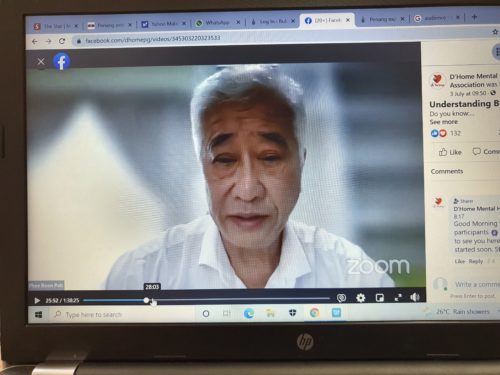
Phee thanked D’Home for organising the talk and expressed hopes that the participants would share their knowledge with their friends and family members after the talk.
He said the World Health Organisation (WHO) has estimated that one in four people is affected by mental health disorder at some point in their lives.
“The latest survey by the Ministry of Health revealed that one in three adults aged 16 and above suffers from some form of mental disorder.
“Mental health is expected to be second biggest health problems affecting Malaysians after heart disease.
“D’Home as an NGO plays a very essential and critical role in helping the community. The state government acknowledges and appreciates its services. Together we can make it better for everyone,” Phee said in his speech before officiating the talk.
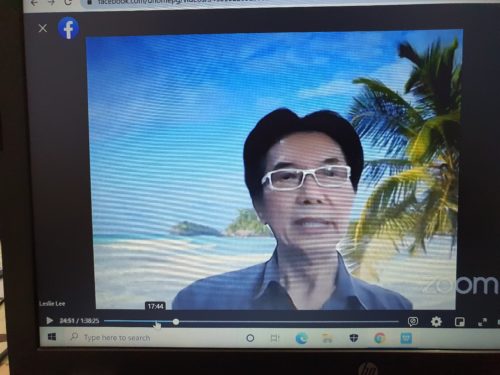
D’Home Mental Health Association president Datuk Leslie Lee said the aim of the talk was to understand the importance of early recognition, early intervention and support required for bipolar mood disorder.
Since it was founded in 2004 and operating from a four-storey detached unit at 66 Lintang Bukit Jambul free of charge (courtesy of Lee himself), D’Home has now 1,600 members.
“D’Home is very fortunate to have committed and dedicated professional psychiatrists as well as other conscientious dedicated volunteers. D’Home is also a training ground for many psychology interns yearly. We provide clinical counselling by our psychologists and all our services are rendered free of charge.
“Throughout the years, D’Home has been able to reach out and touch and make a difference in the lives of others.
“If one can be the light in someone else’s tunnel of darkness, despair or despondency and hopelessness, one will achieve tremendous joy, happiness, peace and satisfaction.
“It will be a meaningful and fulfilling ultimate journey in life. D’Home aspires to be that light,” Lee said in his speech.
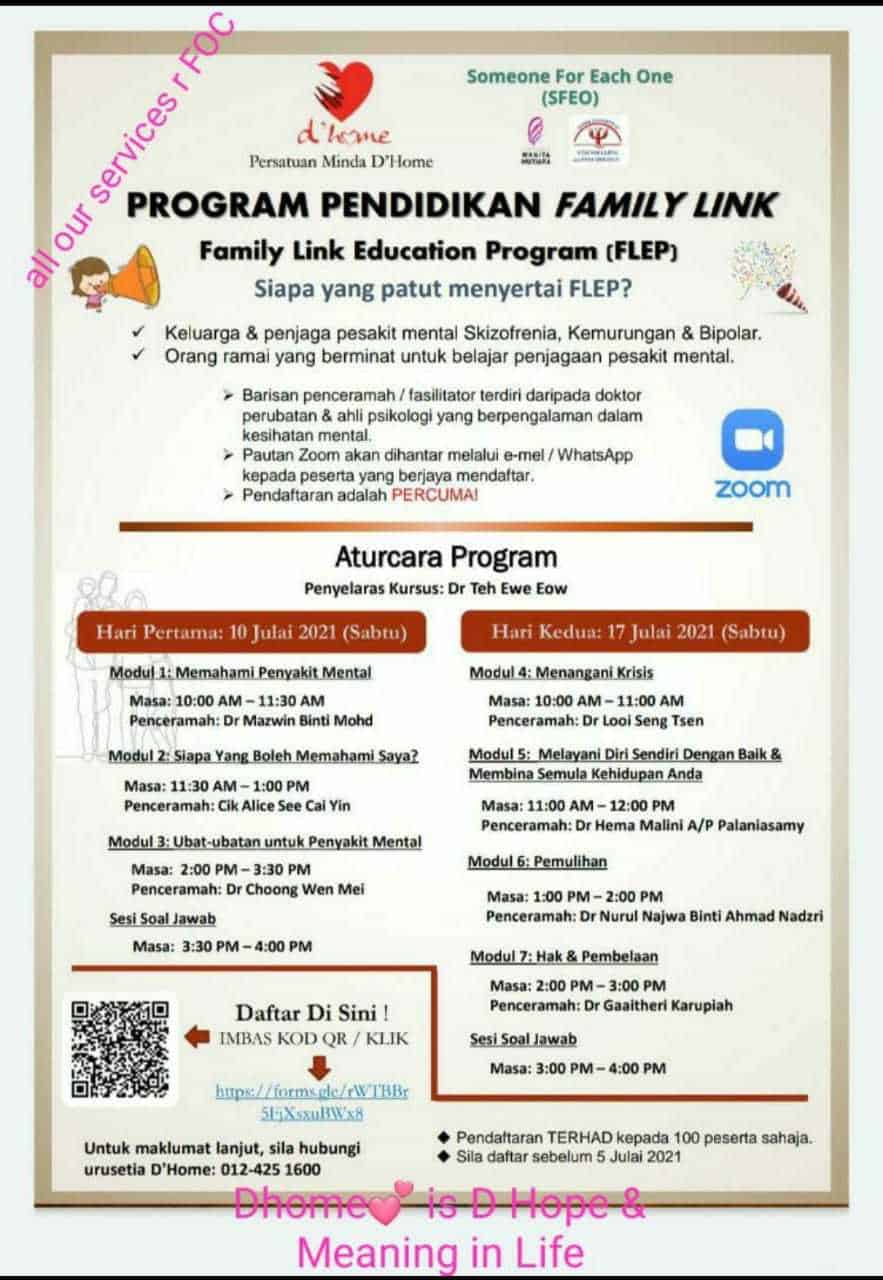
D’Home will organise mental health talks in Bahasa Malaysia on July 10 and 17 from 10am to 4pm via Zoom.
There are seven modules which will be conducted by six professional doctors.
Three modules will be covered on July 10 such as ‘Understanding Mental Illness’, ‘Who Can Understand Me?’ and ‘Medication for Mental Illness’ while on July 17, the remaining four modules are ‘Handling Crisis’, ‘Be Nice to Yourself’, ‘Journey to Recovery’ and ‘Advocacy for Mental Health’.
Lee urged the people from all strata of society to register for the free talks. They can sign up by logging on to https://forms.gle/rWTBBr5FjXsxuBWx8.
For enquiries, call 012-425 1600 (D’Home Secretariat).
Story by K.H. Ong
Pix courtesy of D’Home Mental Health Association

